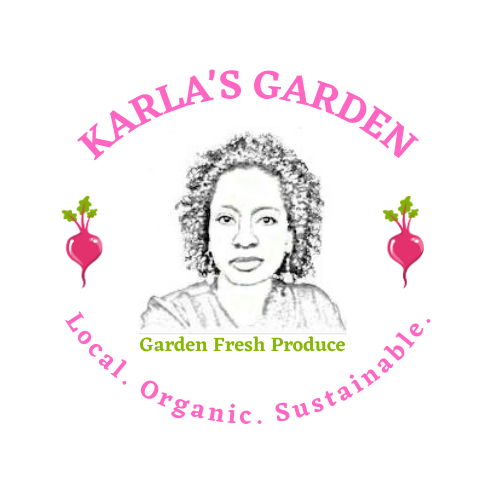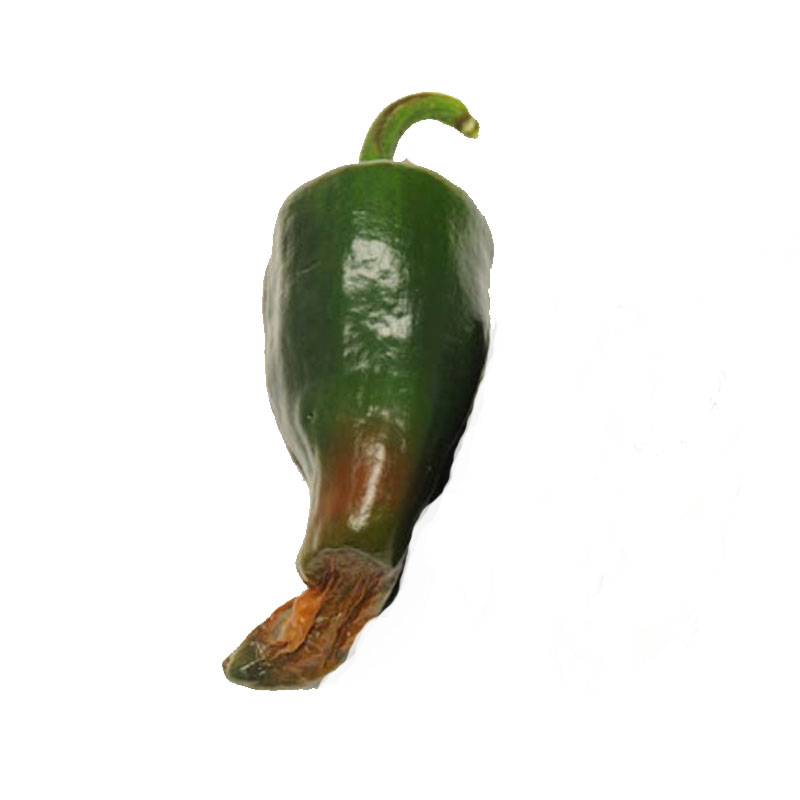We all know calcium makes the human body grow and maintain strong bones. But did you know plants need calcium too?
Calcium in the garden promotes root, stem, and new growth in plants. The nutrient forms calcium pectate, which plants use to construct cell walls and membranes.
Today let’s take a good look at calcium and understand why it is vital for every garden’s success.
What Is Calcium
Calcium is an essential mineral that keeps plant life going. Found in limestone, seashells, eggshells, and gypsum, adding calcium to your garden can’t get easier. And plants know how much they need, so you can’t add too much to the soil.
Signs Of Calcium Deficiency
How do you know if your plants are calcium deficient?
Well in tomatoes, the fruit will start getting black spots at the flower end. This is called “blossom end rot” and can happen to any fruit or vegetable. Another sign of calcium deficiency is cracked or curling leaves. The leaf can’t stretch due to the lack of calcium.
Adding Calcium To The Garden
So, how can you fix your calcium problem?
Here are a few simple ideas that are easy to get your hand on and cost little to nothing.
- Eggshells- are free and when crushed act as a slow-release, containing about 70% calcium.
- Antacid tablets are pure calcium and you probably have some around the house.
- Gypsum provides about 40% calcium and works great in improving clay soil.
- Yard clippings, such as grass, leaves, and small trigs contain other plant nutrients, such as calcium, magnesium, boron, sulfur, and small amounts of trace elements.
Just like our bones need calcium, our plants do too. Strong plants make the best fruit. When the cell walls are sturdy, it allows the fruit to be more secure on the vine.
So, calcium does a garden good!
Did you enjoy this post? Here at Karla’s Garden, we feel sharing free gardening tips and information makes us all better gardeners! So share, like, and follow us, so we can all have a great harvest!

